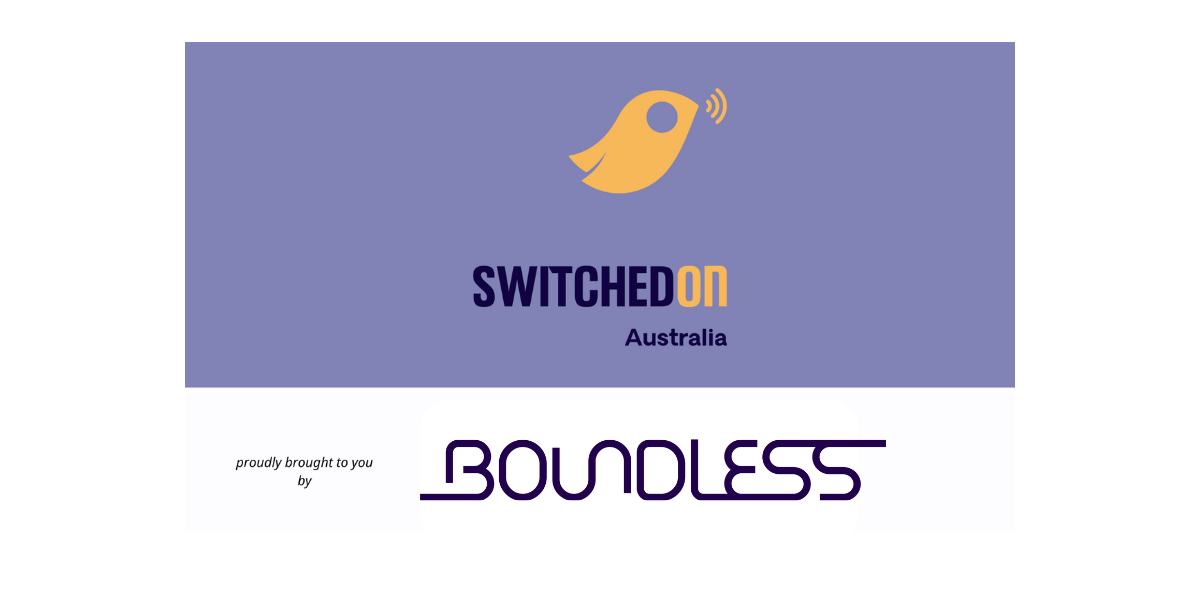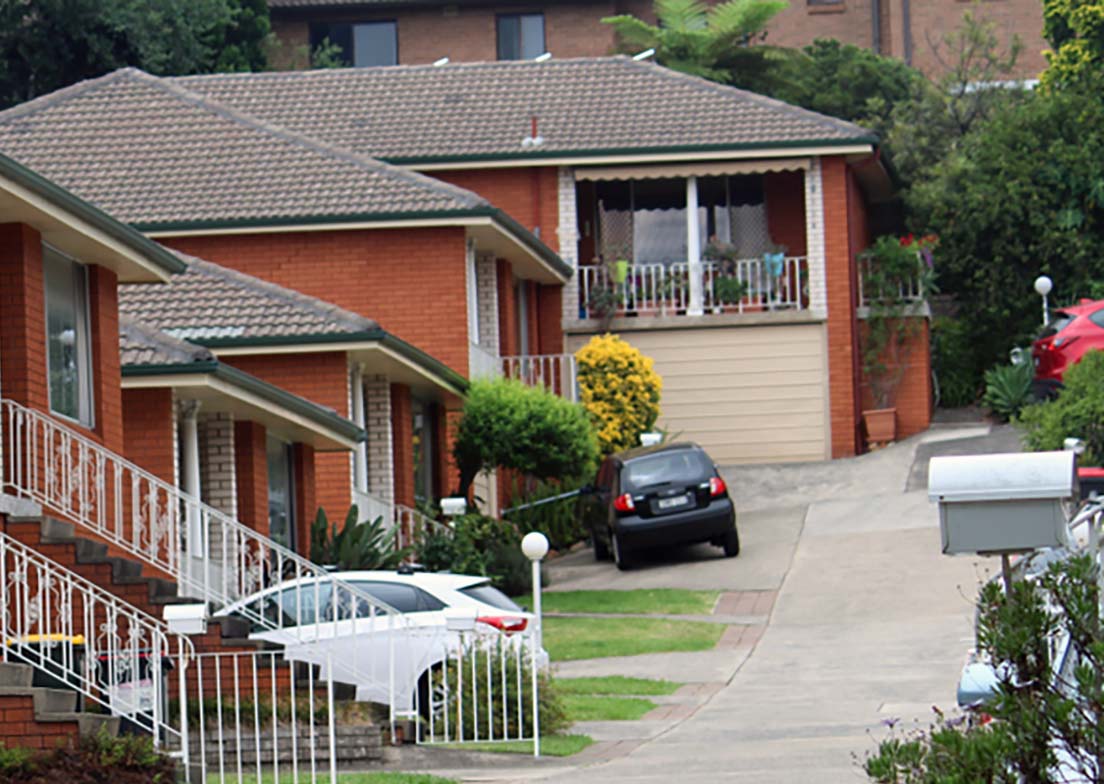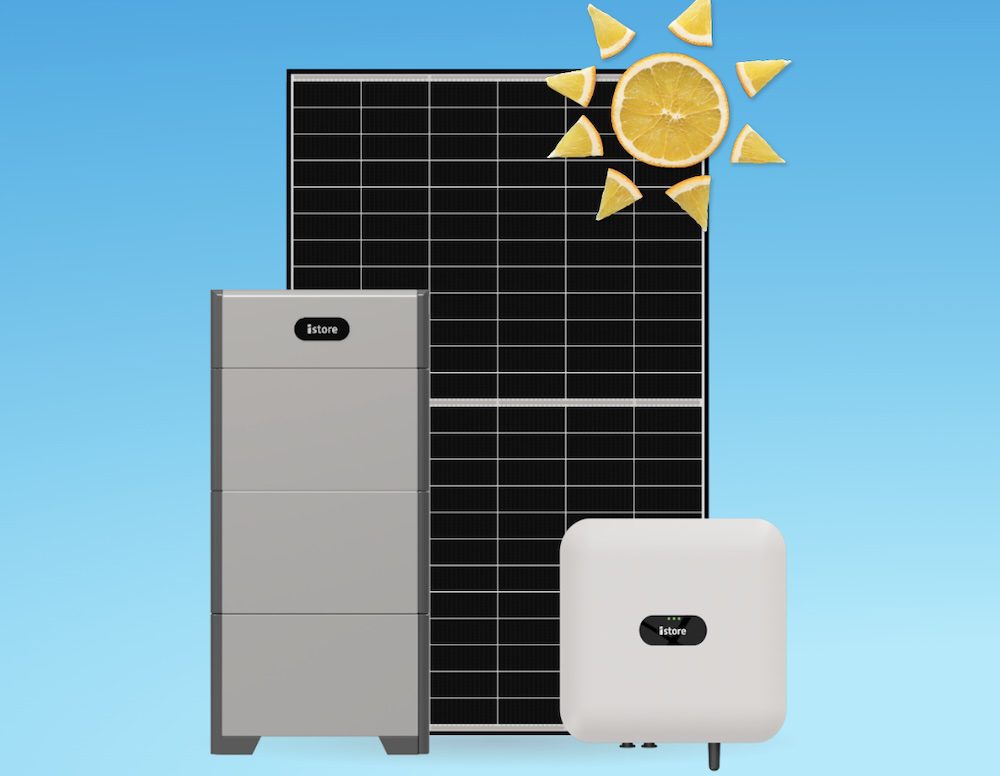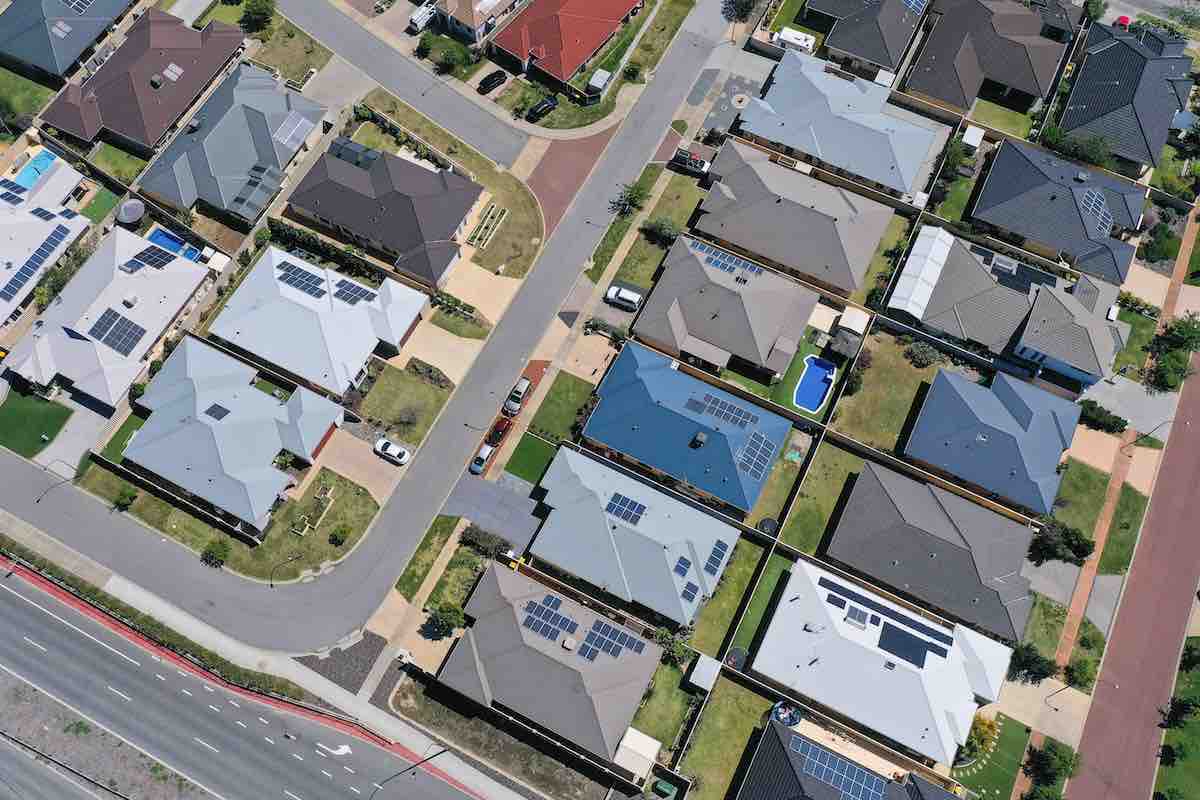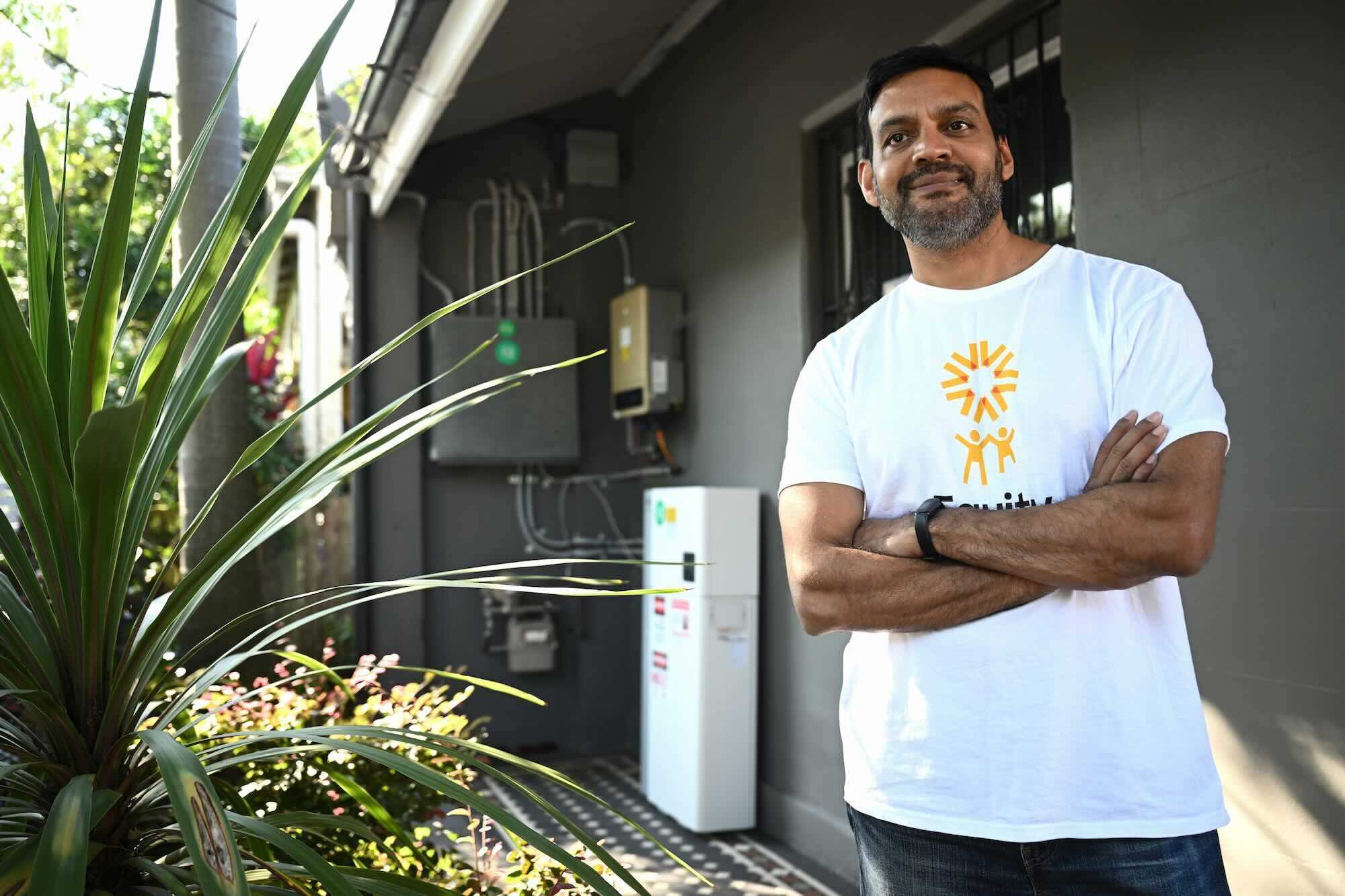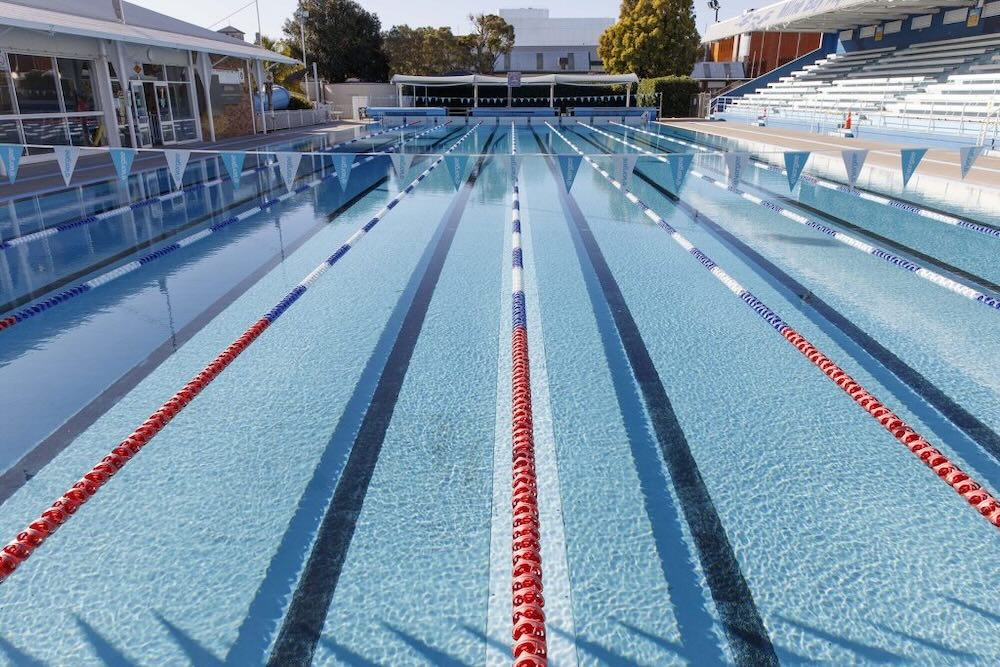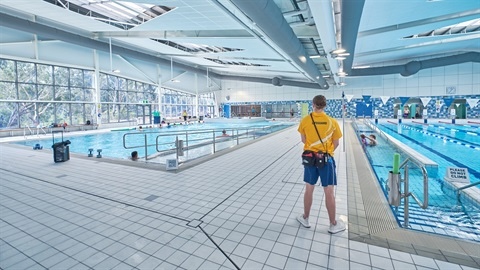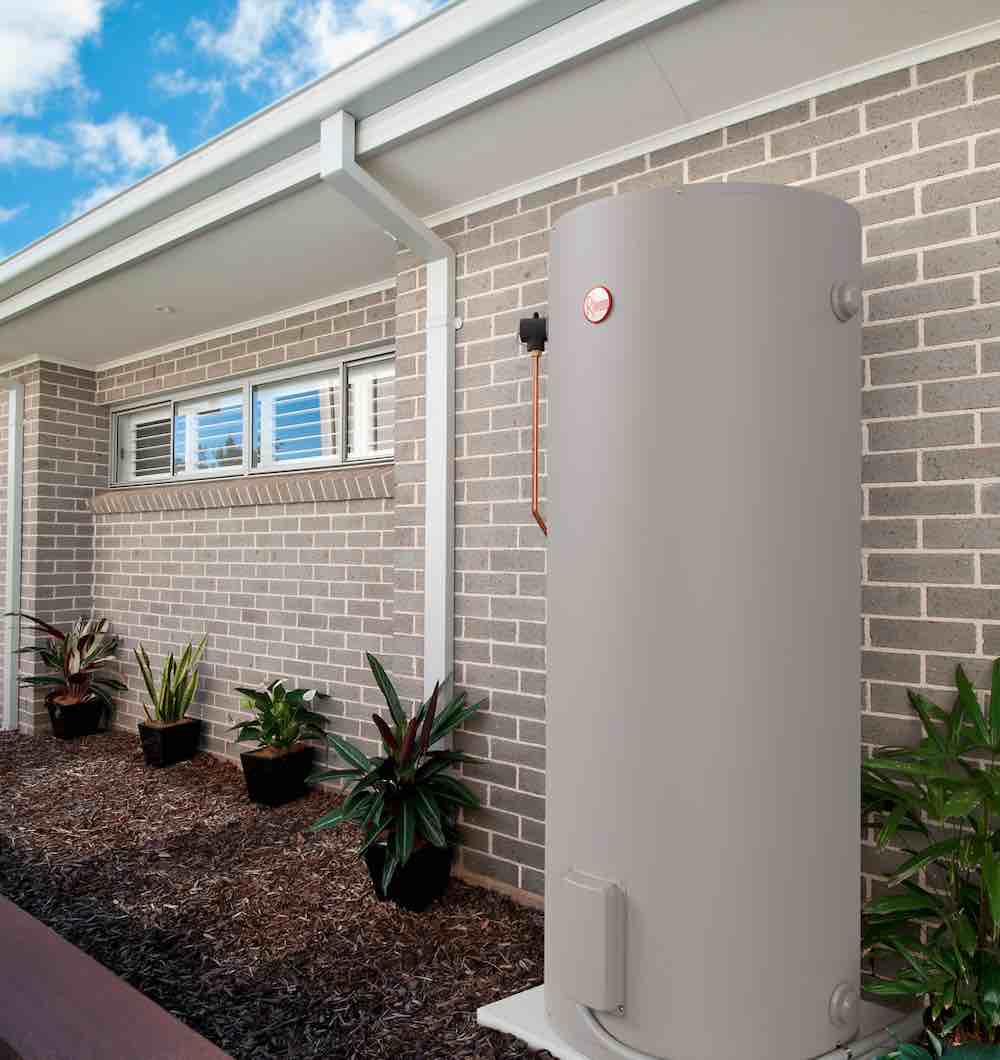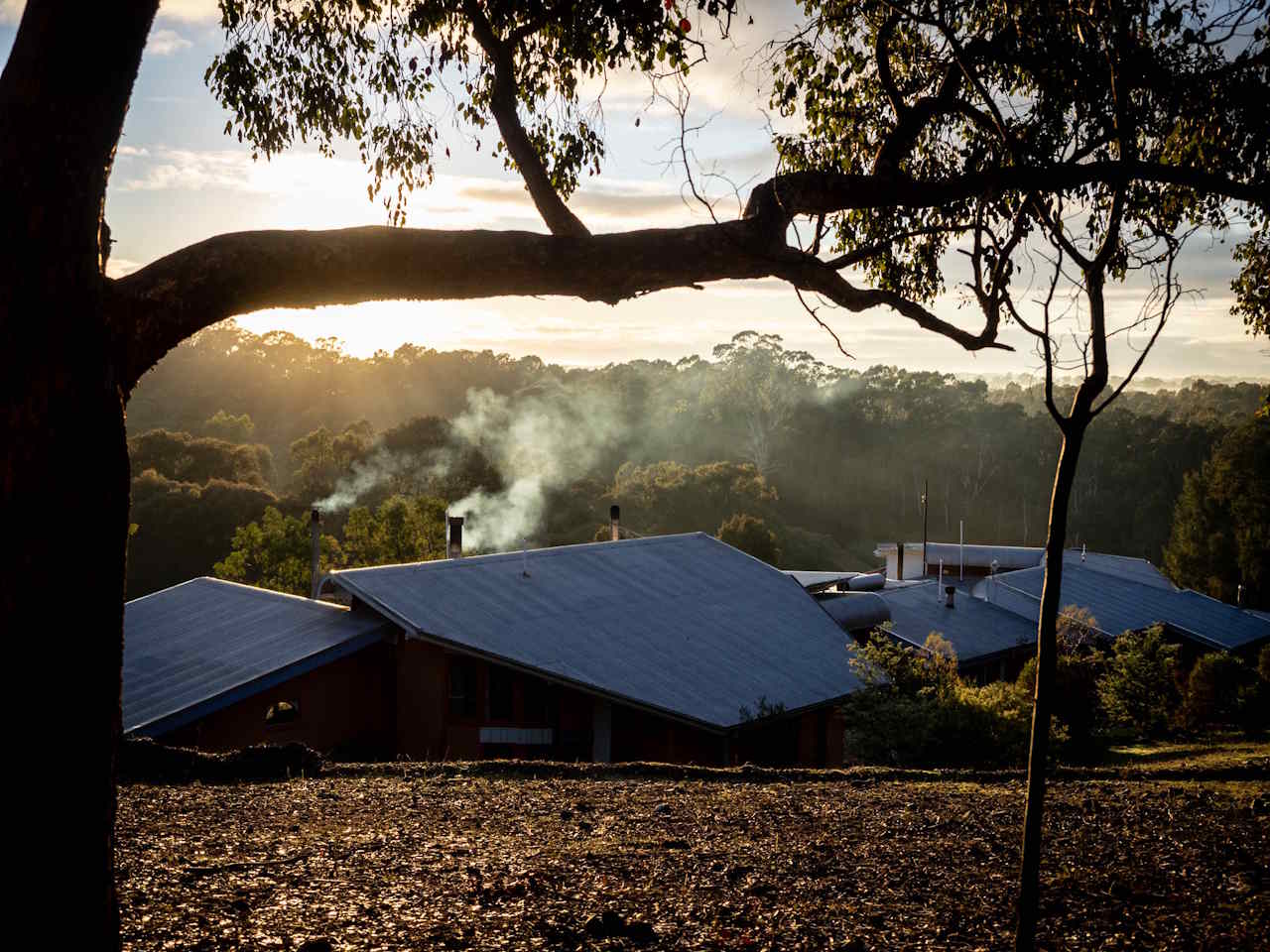Former regulator, Ron Ben-David argues that loyalty penalties, consumer confusion and endless rule-making all stem from a flawed market design that puts responsibility on households instead of energy retailers.
Electrification
Declan Kelly’s home experiment shows how midday-free-power plans can fail in cold, inefficient rentals unless housing and network reforms catch up.
A DIY heating experiment exposes how leaky homes could blunt the impact of Solar Sharer's free electricity for the households it aims to help.
Gas retailer launches home solar and storage “one-stop shop” it hopes will help consumers to find the right panels and batteries "in minutes."
State government launches $5 million grant program to help community energy groups and not-for-profits help households get off gas, go solar and cut energy use.
WA virtual power plant provider wins federal government backing to extend its "end-to-end" home solar and storage offering to more Australian states.
Gentailer launches suite of new home battery-based products to capture its share of the federal rebate boom. Just don't mention "virtual power plants."
Twenty councils across two states share in over $9m in federal funding to finance a variety of community energy upgrades.
Ten local governments share in more than $8 million in federal funding through the latest tranche of the Community Energy Upgrades Fund.
The Senate hearings on information integrity on climate and energy reveal how deeply divided the debate has become about renewables. The ANU's Professor Sara Bice explains the key role of strong regulation.
By all means investigate the "electrify everything" approach, but don’t ignore the possibility of a much cheaper and easier way of making a start on controlling your electricity use.
NSW councils share in $21m in federal funds for community energy upgrades, while state changes rules to allow solar on heritage buildings.
An electric delivery van with a solar powered fridge and a suite of electric appliances to replace gas are being funded through a new donations-backed initiative.
Lauren Mellor from Original Power and Dr Tom Longden from Western Sydney University discuss their new report that exposes the staggering human and systemic toll of prepaid electricity systems.
How organised misinformation campaigns are distorting Australia’s clean energy debate, and why confronting them is crucial to keeping the transition on track.
Grattan Institute's Alison Reeve explains how a carbon price - designed by the Coalition - could be used to accelerate the green energy transition on Australia's grids.
